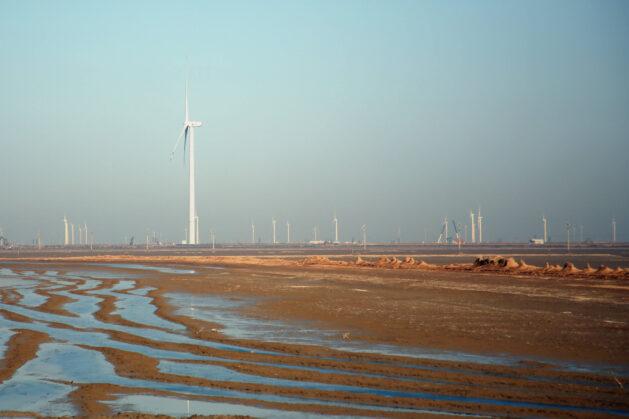Africa-Press – Lesotho. Chinese total carbon emissions could peak by 2028, with emissions coming from the electricity sector topping out as early as 2025. This is according to Liu Zhenya, who runs the Global Energy Interconnection Development and Cooperation Organization, a Beijing-based think tank.
Liu’s previous job is maybe more notable: he used to head State Grid Corporation of China – the largest utility in the world, which runs 88% of China’s electricity supply.
Peaking in 2028 would put it two years ahead of President Xi Jinping’s own stated goal. The think tank also projected in a recent report that China could reach full carbon neutrality by 2055 – five years ahead of targets announced by Xi last year.
This sounds very promising, but it raises a lot of questions, not least about a $10bn new coal-to-chemicals plant planned for Inner Mongolia, also announced this week.
The plant is projected to be a large emitter – just one of the many contradictions in China’s push towards clean energy, which includes being both the largest builder of new clean and coal-powered projects in the world.
But if, for the moment, we take Liu’s projection as accurate, it also raises a lot of questions for the Global South. What will the world look like without an oil-thirsty China? Some of China’s most notable relationships with developing countries started as hydrocarbon romances.
China’s massive lending to Angola and Venezuela are both the result of oil. Beijing’s current reported negotiations with Iran are similarly oil-based, raising many jitters about how the United States will respond.
A post-oil Beijing will turn many of these geopolitical concerns into museum relics. What is less clear is how it will leave Global South economies. I recently had a conversation with a Nigerian academic and I asked him what kind of planning Nigeria is doing for a post-oil economy.
He sighed and said there is very little discussion of this inevitable future in Nigeria at the moment, at least in the public sphere. This is also true for South Africa, which doesn’t only run much of its grid on coal and diesel but also exports coal to China.
How are these economies going to adapt to a post-carbon China? In South Africa, much of the conversation around coal still focuses on how to beneficiate coal by moving up the value chain, rather than how South Africa is going to run once nobody wants that coal anymore.
It’s high time that Africa takes a lead in that conversation. This is the perfect time – African oil sales to China are already declining, and everyone can see where this is headed.
The continent has to move beyond trying to satisfy current global market demands that are already rushing into the past. Without a vision of a post-carbon Africa, China’s climate ambitions will leave Africa in the dust.
For More News And Analysis About Lesotho Follow Africa-Press






